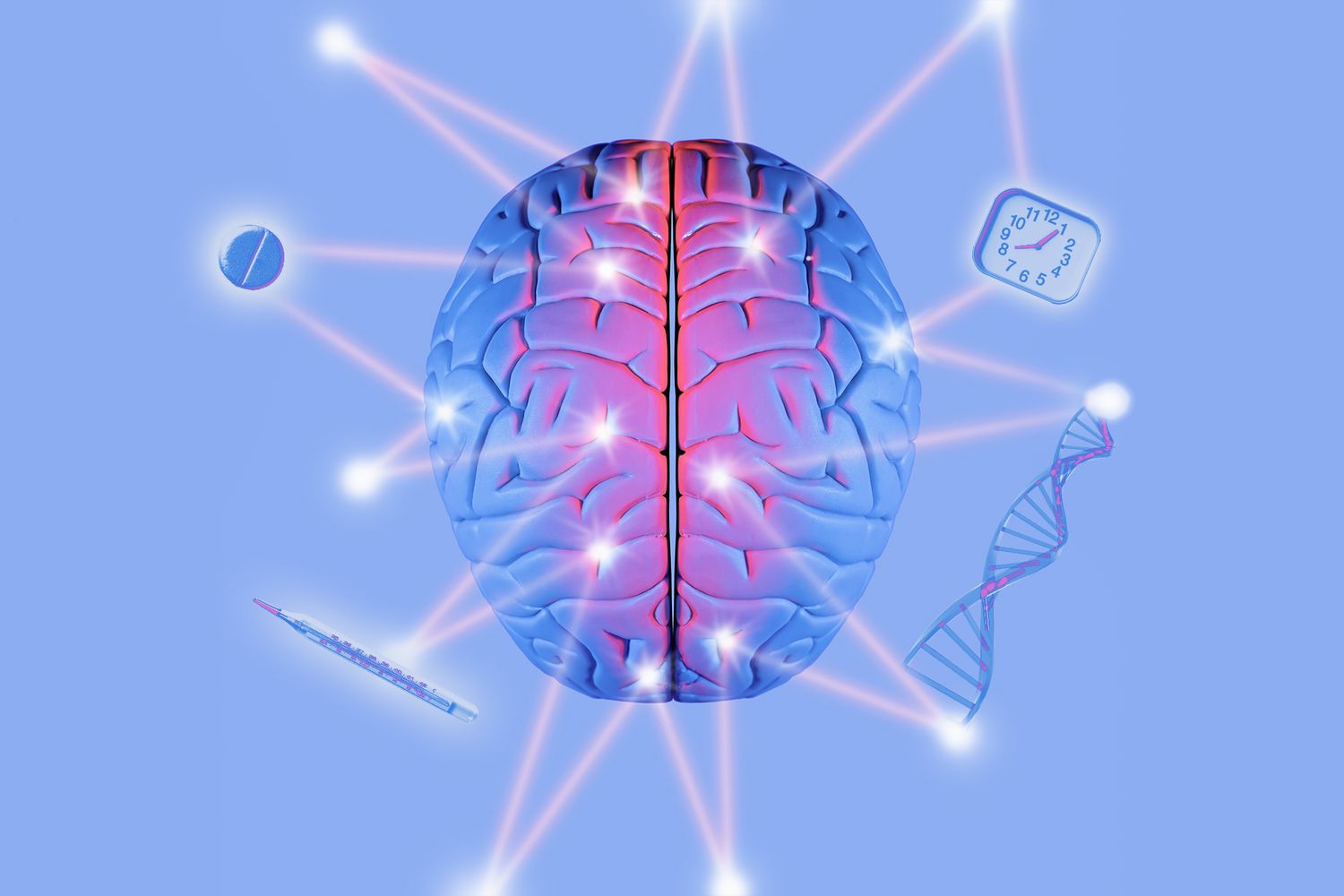by Mika Hughes
November has been recognized as National Epilepsy Awareness Month by Congress since 2003. But what exactly is epilepsy, and what should you do if you come across someone having a seizure?
Epilepsy is a neurological disorder that causes repeated seizures and is one of the most common neurological disorders in the world. About 1 in 26 people will develop it at some point in their lifetime, and over 65 million people have been diagnosed with it globally. It is usually diagnosed after a person has had more seizures. Although many people get epilepsy through other medical issues, the causes of 70% of cases are still unknown.
If you encounter someone who is having a seizure, turn them to the side, cushion their head, and time their seizure. Never put anything into their mouth and never try to move them (except to a safer position). Always make note of information you think will be useful, such as what they were doing before they started having a seizure.
Seizures caused by epilepsy can look very different and can last for different lengths. There are six generalized types, meaning they involve all areas of the brain, which can range anywhere from staring blankly (absence seizures) to loss of consciousness, body twitching, and shaking (tonic-clonic seizures).
I was diagnosed with epilepsy at the end of September. I have had a total of eight known seizures.
My first recorded seizure happened at school during lunch, and lasted for about 1.5 minutes. My friends described my seizure as beginning almost trance-like, with frequent muscle spasms. After my first trip to the hospital, I was prescribed a singular pill that I had to take twice a day. I was seizure free for another month under this medication.
I had two more seizures at the exact same time of day that lasted for 2-3 minutes each in November. My friends say that again, I began by staring blankly and suddenly collapsed on the floor. After my second hospital trip, I was prescribed a higher dosage of the same medicine, only now I have to take 2 pills instead of one. I currently have to take three pills.
It’s really scary because I don’t know when I’m going to have another seizure. Hopefully, if my medication is working, there won’t be a next time. But because the medicine has side effects that are affecting my thinking ability and my emotions, I don’t know if it’s a better idea to lower my dosage or to keep it the same. It’s just a matter of trial and error before my life goes back to some sense of normality.






Be First to Comment